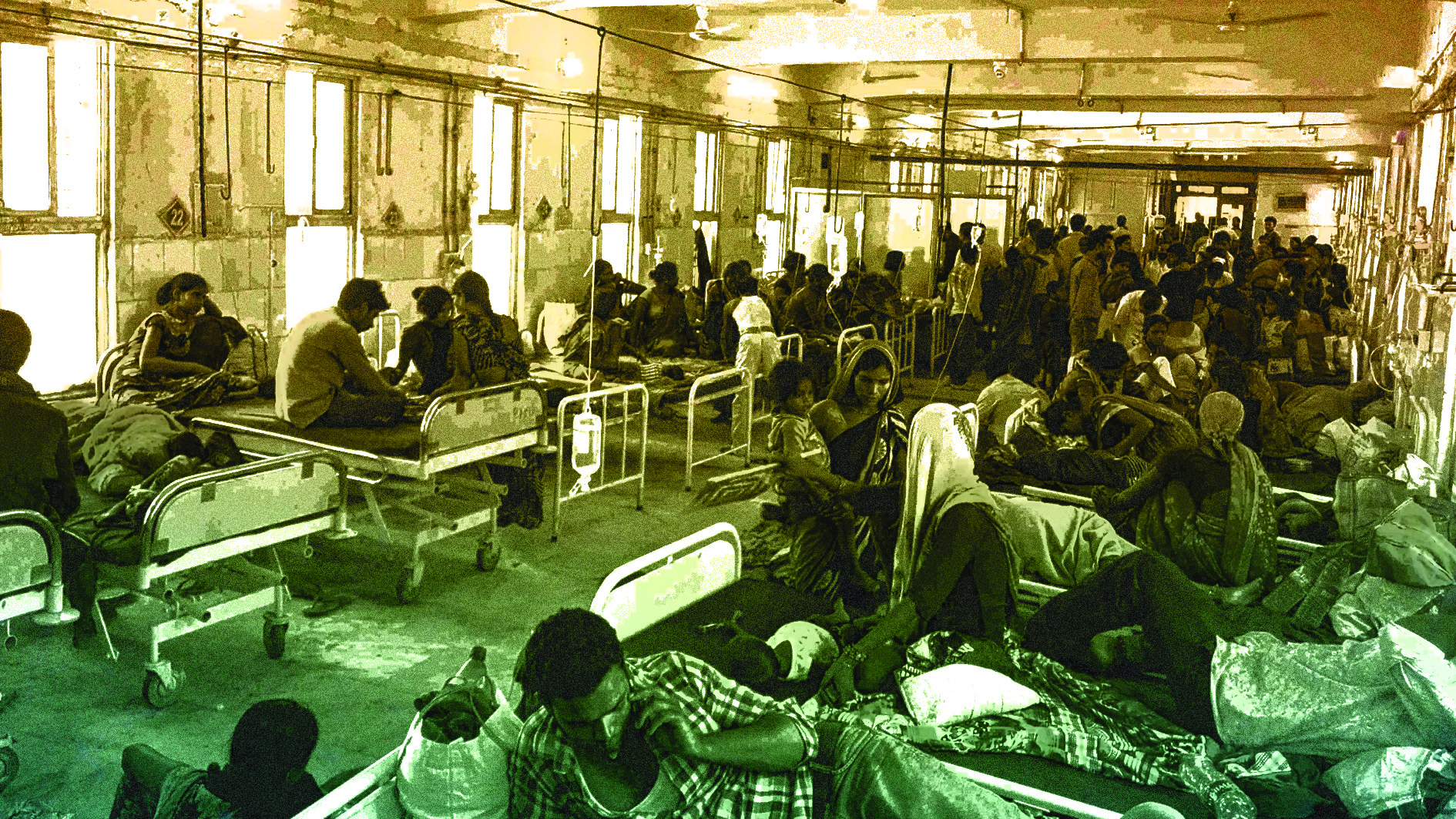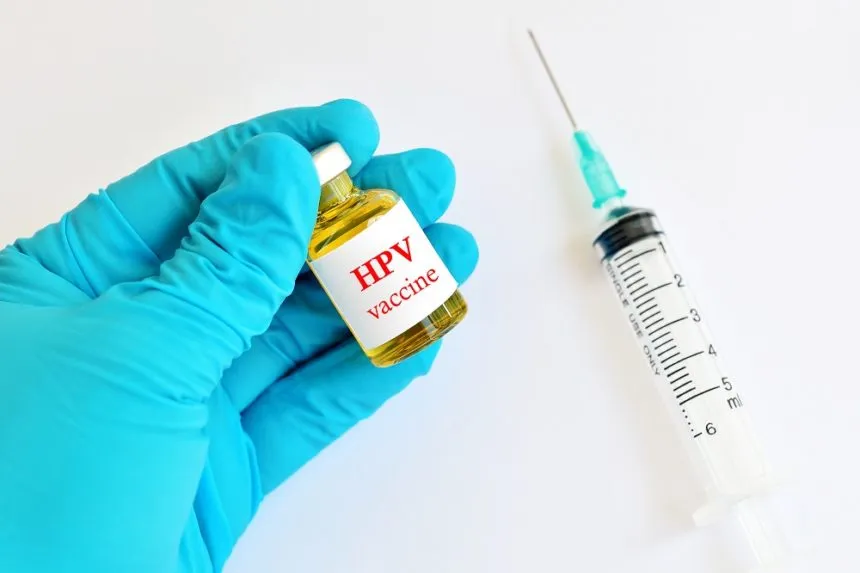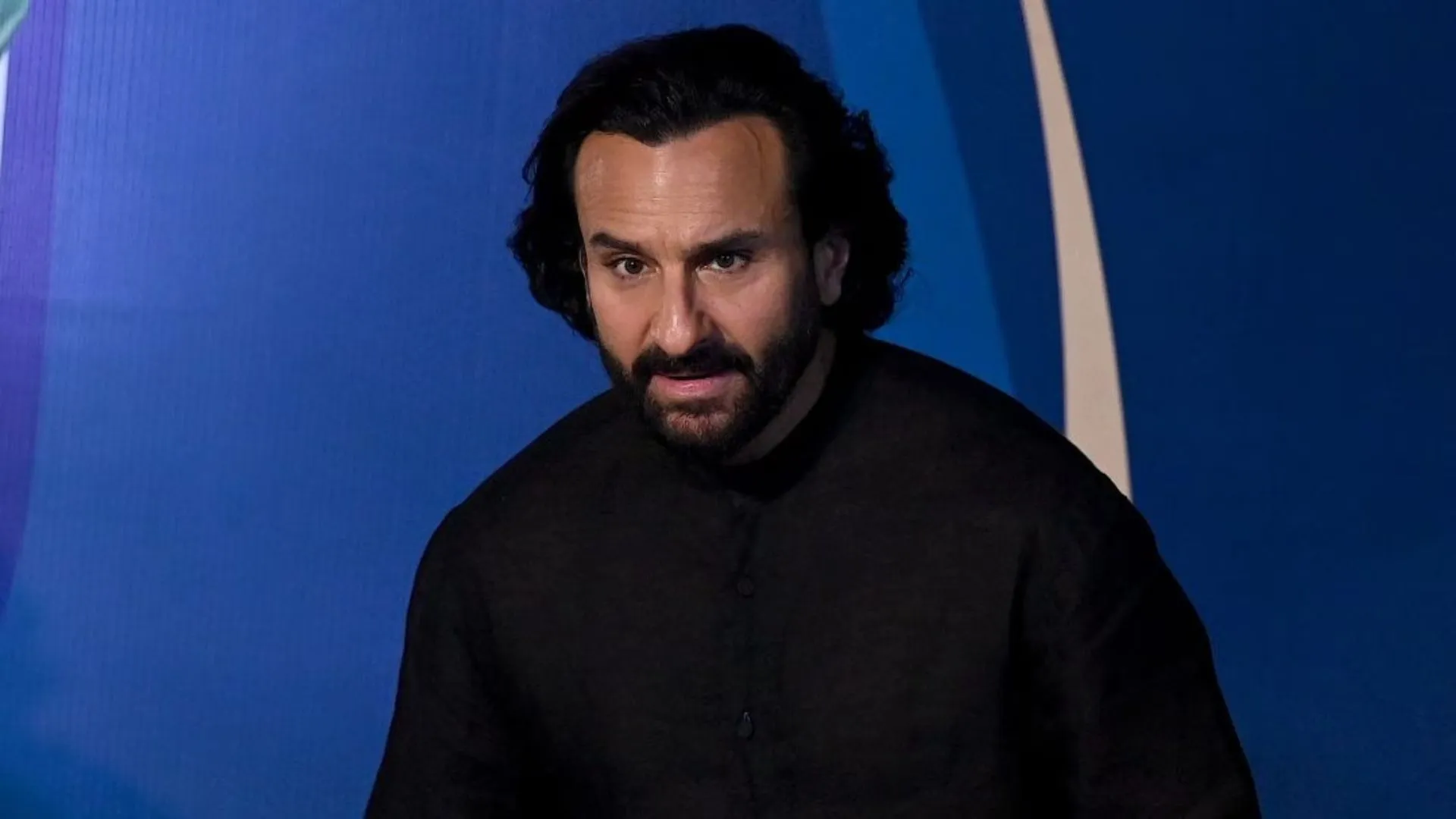In the context of the spate of deaths in government hospitals across Maharashtra, I find these lines extremely relevant because when a renowned man or a powerful politician or an important official falls ill, all start discussing and asking which hospital has he been admitted to! But when a common man dies on some anonymous bed in a hospital, he or she is regarded as nothing more than a body. Nobody cares about it. The deaths, which included children, were first reported from a government hospital named after mass leader, former home minister of the country, former finance minister and former chief minister of Maharashtra Shankarrao Chavan in Nanded, Marathwada. This was followed by reports of more deaths than average from Chhatrapati Sambhajinagar (Aurangabad) and later Nagpur. There was some discussion but the outrage which the development should have created was absent. This is not the first time something like this has happened. Every year, reports of more than average number of people dying emerge from the government hospitals across the states. At times, serious incidents have occurred too. Ten children admitted to the government hospital in Bhandara were burned to death in January 2021. Lokmat has always undertaken unbiased investigations into such instances in order to ensure justice to the ordinary man. The question is, why do such incidents of medical negligence occur?
I am not ready to accept that people’s representatives or lawmakers are not sensitive. The incumbent chief minister Eknath Shinde and deputy chief minister and former chief minister Devendra Fadnavis are very sensitive politicians. They have established a cell for the treatment of the poor and the underprivileged. Shinde has also extended the benefit of free treatment to the general public in the state’s 2,418 hospitals and medical centres since August 15 this year. So, despite such measures and sensitivity, what is the cause of the above average fatalities in government hospitals?
I have already stated in this column earlier that the number of government hospitals is insufficient in proportion to the population and its needs. Moreover, most of the government hospitals themselves are sick, burdened with the shortage of beds, doctors and nurses. Ironically, the private hospitals are thriving and have evolved into an industry. There was a time when eminent businessmen built large charitable hospitals for the public good in metropolitan cities like Delhi, Mumbai, Chennai and Kolkata. But today, some temple trusts including that of Sathya Sai Baba in Puttaparthi are running charitable hospitals themselves. Under the leadership of Devendra Fadnavis, a state-of-the-art cancer hospital with five-star facilities for the common man has been built in Nagpur. Similarly, there is Hedgewar Hospital in Chhatrapati Sambhajinagar. However, this is not the case everywhere. The average man is forced to go to private hospitals. When the patients reach these hospitals, the doctors do not inquire about their ailments, but rather about their budget or the insurance cover. These private hospitals admit patients, but when the patient’s condition worsens, they refer him or her to the government hospital. That means that if the patient dies, the government hospital is to blame. Many doctors who work in government institutions run their own private clinics and hospitals. They refer patients to private hospitals on some pretext or the other including the non-functioning of some machines. There’s no one to check them. I’m not suggesting there aren’t any good hospitals and doctors in the private sector. Of course, there are, but I’m talking about the prevailing condition.
I’m not blaming anyone but the system we’ve built. I was a part of that system too. My father, veteran freedom fighter Jawaharlal Darda, too, was the state’s health minister. Many medical colleges were established during his tenure. Many hospitals were opened in the villages. The question is not about any one person but about the entire system. Consider the issue of doctors’ availability. I have stated in this column that due to the lack of seats in government medical colleges, students have to go to private medical colleges where fees run into crores of rupees. The cost of constructing a hospital is enormous. Machines cost fortunes. In such a case, the first priority of the doctors who will graduate and build a hospital, will be to repay the loan and earn a profit. I can’t blame them, but there are some professions that require sensitivity, which is lacking in some areas.
When people elect their representatives and a government is formed, their expectation is that they should be provided with jobs, adequate food, education, a house to live in and health facilities. The most significant factor is health. As a result, good planning is critical. A sufficient budget should be set aside for healthcare. Except for this year, the Central government’s health budget in recent years has been less than 2 per cent. This year, the health budget has been increased by 13 per cent compared to last year, which is a welcome move. However, this allocation should be 20 per cent of the total budget and the money so allocated should be appropriately planned and utilised. Maharashtra’s health budget is roughly 4.5 per cent, which is insufficient. According to experts, the health budget should account for at least 20 per cent of the total budget. Just as Rajasthan has granted the Right to Health to the entire state, Maharashtra needs to do the same.
It is not just about Maharashtra. The situation is serious in other states too. Why is a person in some state or the other compelled to carry his wife’s body on a bicycle or carry his daughter’s body on his shoulder? In fact, there is a need to create a new healthcare system in the entire country by dismantling the old one. The chief ministers of all the states and the Government of India will have to work together in order to achieve success. At present, there should be enough doctors in the hospitals or healthcare centres, be it in the city or village.
All means of treatment including ambulances should be available and so do medicines. Cleanliness does not cost much! All that is required is willpower. So why is cleanliness not taken seriously in the government hospitals? Cleanliness is something we should begin with. And yes, I have repeatedly stated in Parliament that just as it is necessary for the people’s representatives to furnish details of their assets and disclose their criminal record, arrangements should be made for their treatment in government hospitals too. Right from Gram Panchayat representatives to the President, all of them should be treated in government hospitals only.
I beg your pardon if my words are bitter, but when the heart is filled with anguish, it is necessary to speak the truth.

















